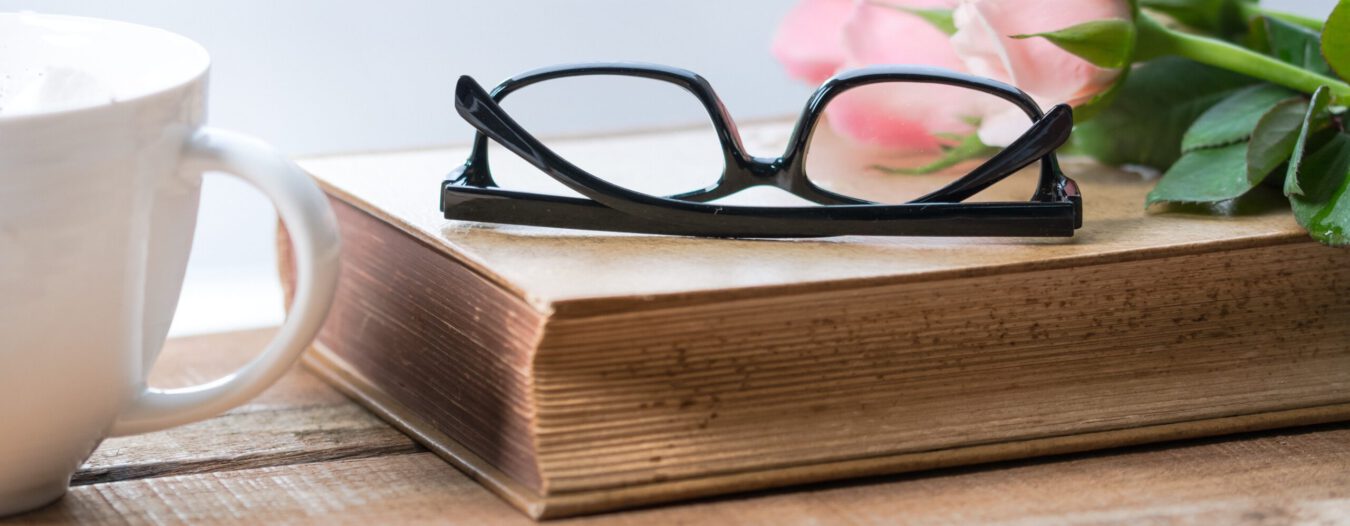I have always valued spontaneity in my life. Most of the time, I would decide on the spot how to spend my time. For most of my adolescence, this worked perfectly fine, but once my adult life became filled with responsibilities, things got a little more difficult. This is why I like to plan for things I care about.

Planning creates accountability
Since my friends and I have busy schedules, spontaneity is much more difficult. If we do not plan, we will not have the time or energy to meet in the spur of the moment. When I had an exhausting day, I often will not feel like doing things spontaneously – e.g., go out to a pub or a take quick walk with a friend. Deciding to do something in advance skips the part where comfort or laziness could keep me from doing things I like to do.
The same holds true for tasks I do on my own. If I make a clear-cut goal and decide what to do, and set an exact time frame for it, I am much more likely to go through with it (e.g., daily routines or the weekly blog post). The more precise the plan, the more likely I am to follow through.
Being prepared creates opportunities
I always carry a power bank in my bag, even though I rarely use it. The point is to go out with friends or do something spontaneous if I so choose. For the same reason, I will often have a hat and some gloves on me. I prefer having the ability to go out after work and keep myself open to opportunities.
If I have finished everything I wanted to do and plan well, there are more opportunities to be spontaneous. When I was younger, I would often have to pass up on activities because I had procrastinated on my work and could not take off a few hours because assignments were due. Once I started planning, I got better at completing my tasks (better results, less stress, more fun, …) while still having the ability to be spontaneous.
Spontaneity is valuable
I have gone on about the advantages of planning, but let me also talk about the dangers of planning too much. Spontaneity is a valuable thing in life, and many of my fondest memories could not have been planned (simply because I could not have imagined them).
Getting too narrow-minded with planning is a real danger. Plans should be a means to an end and must not become absolute. In my article on stubbornness, I have talked about this: goals and plans are important but sometimes need to be adjusted.
Conclusion
As always, there is a balance to be found here. Everybody has to decide for themselves where their ideal balance lies. All I can say is that once I started planning more, my life got much better, and I was more in control of the direction my life was taking. But this may only be the case because I was quite an unstructured person before. For more avid planners, the converse may be the case.


Danke! Gute Idee!! Mehr Planen!